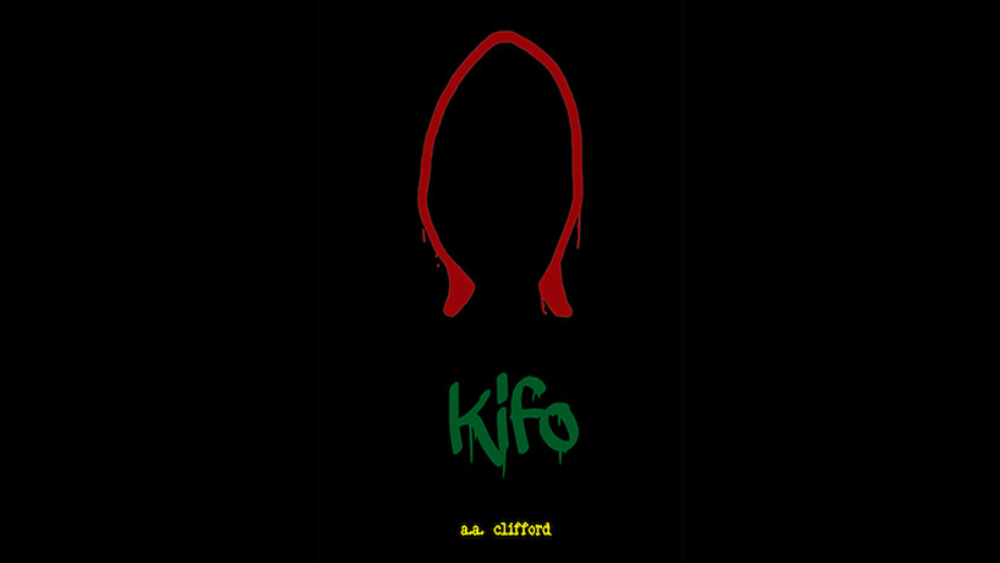If you’re interested in sharing your opinion on any cultural, political or personal topic, create an account here and check out our how-to post to learn more.
____
Since the infamous film, Birth of a Nation, the image of Blacks in America has been used to support a system of white supremacy and systemic racism. How, you ask? Well, there are four pillars of white supremacy: violence (police and military), economics (banks), legal (law and politics) and propaganda (the media and arts).
I am a writer. I've been a few other things but mostly, I use words to convey meaning and create worlds. I am also a Black writer, so I’ve been frustrated trying to sell Black characters whose humanity comes first.
A year ago, I had a great idea for a story: a sci-fi novella about race that carried the themes of Ralph Ellison's Invisible Man. I jotted down the story notes and left it to be written after a much larger work and several movies on my ever-growing list.
Then Ahmad Aubery died, then Breonna Taylor. Like you, I was terrified, enraged and consumed with righteous indignation. By the time George Floyd was dead, that cast aside story, Kifo, had been completed.
Kifo is written under my pseudonym, a.a. clifford. It’s a slim 115 pages, but it is dense and taught me that we, the Black artists, must use our talents not only to educate but to incite, and even terrify, when necessary.
We have seen artistic defiance mainly in music. NWA’s “F**k Tha Police” and Public Enemy’s “Fight The Power” were anthems of revolt. But in literature and the visual arts, we have been hampered trying to convey our rebellious soul.
This is because in music, the artist has more control and can move directly to his audience. In the other mediums, there are the many filters of the system, some of which work primarily to soften, ameliorate or kill the sometimes angry howl of our truth.
Much of our fiction is about racism and our struggle in this nation. I have no quarrel with that. What I never like are those stories about race that, at their core, are really about white terrorism against us and our reaction to it. No Black hero can be heroic when he is reactive. A true hero is proactive.
And if you're thinking, “well, white people are the villains,” you should know that the first rule of villainy is that he must be just a little likable. There is nothing likable about racism and its supporters. Ellison suggested that we are our own hero or villain through our action or non-action. I think he’s correct.
Consider Killmonger and T’Challa in Black Panther. The creators of this comic were both white men, so they would have you think T’Challa is the hero because he is the King and he survives, but ask a Black filmgoer and you will get a different response. To us, Black Panther was the story of a revolutionary who gave his life trying to free his people.
Most of the bestselling books by Black writers are nonfiction. Most of the readers are Black females. Black men are seriously lagging behind in self-enlightenment. We have to do better on both ends: more readers and more fiction.
We, the Black writers, must meet everyone halfway by getting out of the habit of servicing directly or indirectly the cause of systemic racism or white supremacy by writing fiction that services the fallacy of Black inferiority. We must create heroes who do heroic things and challenge the conditioning that has been placed on us by not dwelling on our oppression, but illuminating the truth and the triumph of fictional heroes who are symbolic of real humanity.
Kifo was independently published because no publisher would have dared to put this story out, and not because it’s violent, scary or anti-American, but because its fiction sits on a foundation of unfiltered truth, righteous anger and is unapologetically Black.
There is wonderful fiction by Black authors out there that we can enjoy which fit this bill. Dark Matter, Brotherman, Mindscape, Futureland, SexLife, Who Fears Death, The Fifth Season, Lion’s Blood, Omni or anything by the late Octavia Butler.
So I ask you to read more and encourage kids to read. To my fellow writers, I urge you to focus your efforts on stories which blend the truth of our history with the powerful imagery of imagination, so that the next generation of Black kids will have heroic ideals to live up to and know that, if they want, they can save or change the world.
____
Gary Hardwick is the writer/director of the films 'The Brothers' and 'Deliver Us From Eva'. He is also the author of 15 novels. a.a. clifford's 'KIfo' is on sale at Amazon, Smashwords and Barnes & Noble.
